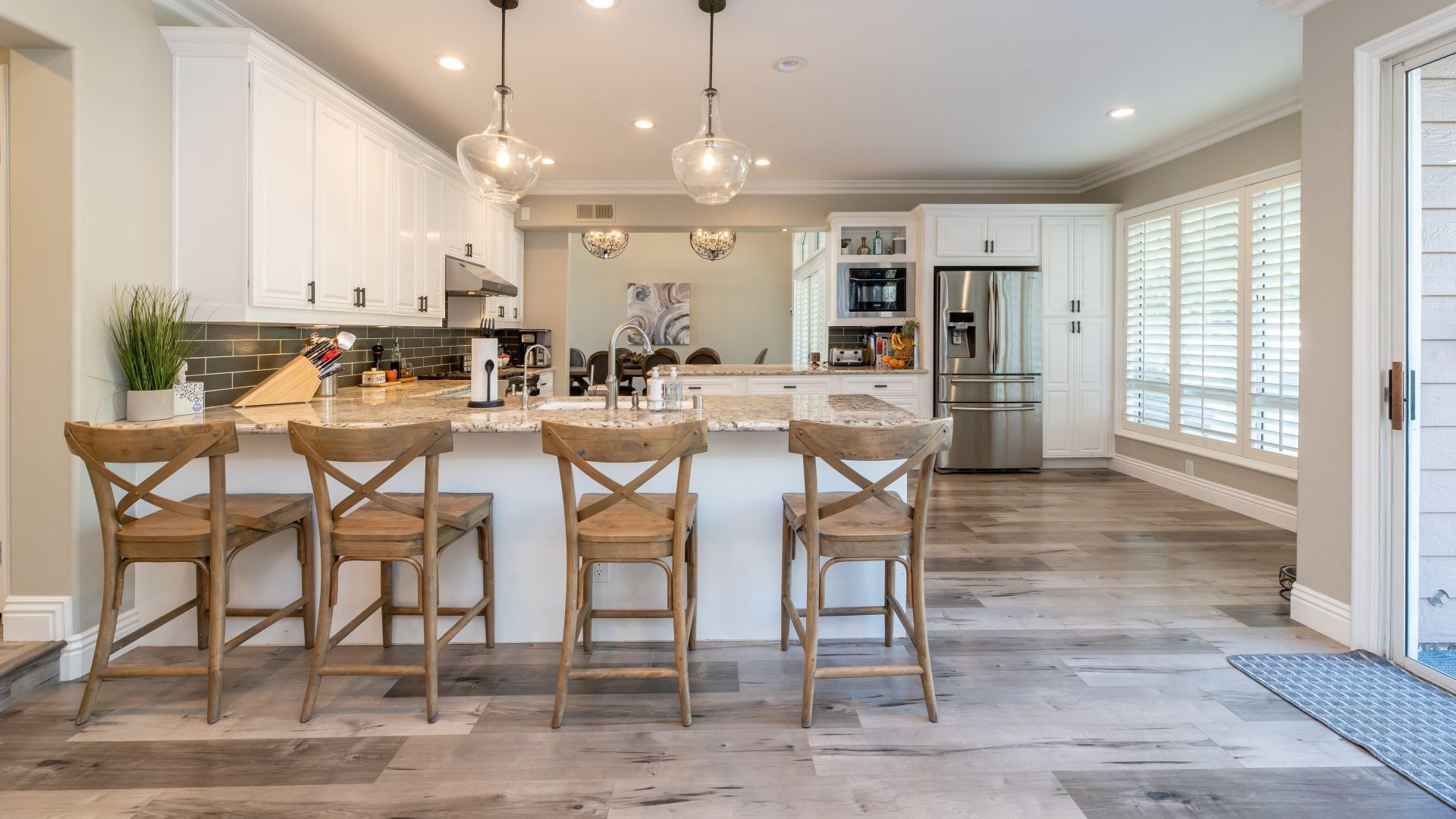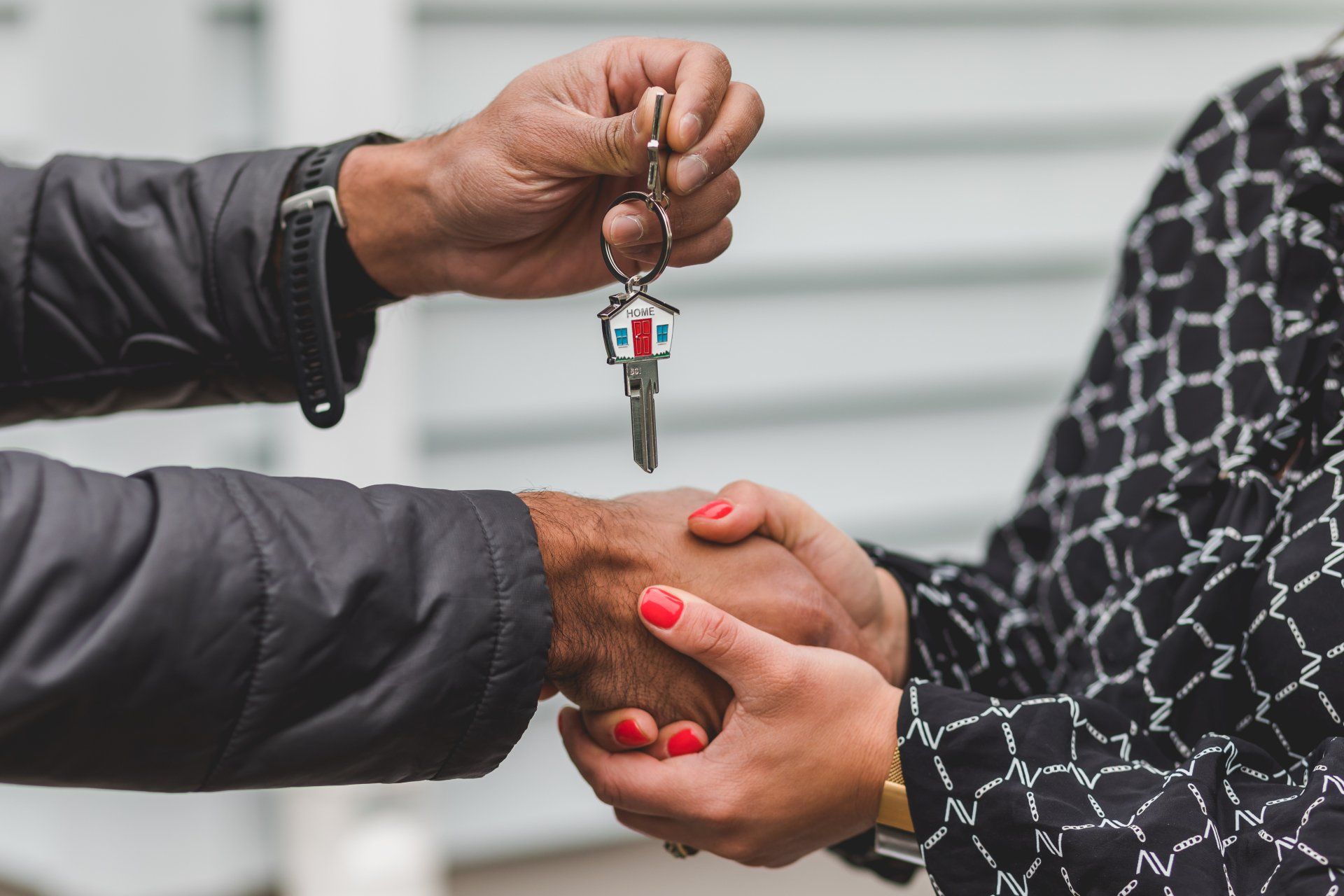Why The First Offer on a House Might be the Best Offer
Why the First Offer Might Be Your Best Offer: A Guide for Home Sellers
When selling your home, it’s natural to hope for the highest possible price. However, there's a common misconception among sellers that the first offer they receive is just the beginning, and that by waiting, they’ll likely receive better offers. This belief is often misguided, and understanding why can help you make the best decision when that first offer comes in.
The Myth of the First Offer
Many sellers believe that the first offer they receive isn’t worth considering seriously, thinking that subsequent offers will likely be higher or better in some way. This notion might stem from the excitement of listing a home and the optimism that more potential buyers will come through the door, leading to a bidding war or at least multiple offers.
However, unless you’re in an exceptionally hot market, like we saw during the boom years of 2021 and 2022, the reality is often quite different. In fact, the first offer you receive might be your best one, and passing it up could be a mistake.
Why the First Offer Could Be the Best
There are several reasons why the first offer might be your best:
- Motivated Buyers: Buyers who put in an offer early are often highly motivated. They’ve likely done their research, know what they’re looking for, and are ready to move quickly. Their offer could reflect the true market value of your home, and they may be willing to negotiate reasonably to secure the deal.
- Market Perception: When your home sits on the market for too long, it can create a perception among buyers that something is wrong with the property. They might wonder why no one else has snatched it up or assume you’re getting desperate, which can lead to lower offers as time goes on.
- Avoiding the Waiting Game: The longer your home stays on the market, the more stressful the selling process can become. Waiting for a better offer can result in your home becoming "stale," which diminishes its appeal. Accepting the first offer can save you time, reduce stress, and allow you to move forward with your plans.
- Price Drops: If your home doesn't sell within a certain timeframe, you may feel pressure to lower the asking price. This can be a tough pill to swallow after rejecting an initial offer that was close to your desired price. By accepting a strong first offer, you avoid the potential need for price reductions down the line.
Negotiating the First Offer
While the first offer might be your best, that doesn’t mean you should accept it outright without any negotiation. Often, the first offer serves as a starting point for discussions. Here’s how you can approach it:
- Evaluate the Offer Holistically: Consider all aspects of the offer, not just the price. Look at contingencies, the proposed closing date, and any requests for repairs or credits. Sometimes, an offer that isn’t the highest price might still be the best overall when these factors are considered.
- Counteroffer with Care: If the first offer is close but not quite where you want it to be, consider making a counteroffer. Work with your real estate agent to determine a reasonable counter that encourages the buyer to stay engaged without pushing them away.
- Keep Communication Open: Maintaining open lines of communication with the buyer can be crucial. Sometimes, a buyer might be willing to adjust their offer if they know there’s genuine interest from your side. Ensure your agent is conveying your willingness to work together towards a deal.
The Risks of Waiting
Deciding to wait for better offers can be risky. As mentioned earlier, prolonged time on the market can lead to:
- Lower Future Offers: Potential buyers might assume you’re desperate to sell after seeing your home sitting on the market, leading them to submit lower offers.
- Increased Costs: Holding onto a property longer than necessary can lead to increased costs, including mortgage payments, maintenance, and utilities.
- Emotional Toll: The longer your home sits on the market, the more anxious and uncertain you might become. This can lead to rushed decisions later, where you might accept an offer far below your original expectations just to move on.
Understanding Market Conditions
Understanding the current market conditions is crucial in making an informed decision about the first offer. If you’re selling in a buyer’s market—where there are more homes available than there are buyers—being open to the first offer can be even more important. In a seller’s market, you might have a bit more flexibility to wait for higher offers, but even then, the first offer is often indicative of where the market sees the value of your home.
Why You Should Consider the First Offer
As a seller, it’s essential to keep an open mind when that first offer comes in. While it’s tempting to wait for something better, in many cases, the first offer might be the best you’ll receive. The buyers are serious, the market is speaking, and the longer you wait, the less attractive your home might become to potential buyers.
If you’re thinking about selling your home and need expert guidance, I’m here to help. Deciding which offer to take can be tricky, especially when it’s your first one. With 15 years of experience in the real estate market, I can help you navigate the nuances of pricing, offers, and negotiation to ensure you make the best decision. My client-focused approach ensures that your best interests are always my top priority. Plus, with my competitive 1% commission rate, you’ll keep more of your hard-earned equity. Contact me today to discuss how we can get your home sold quickly and for the best possible price.
Share this Post






